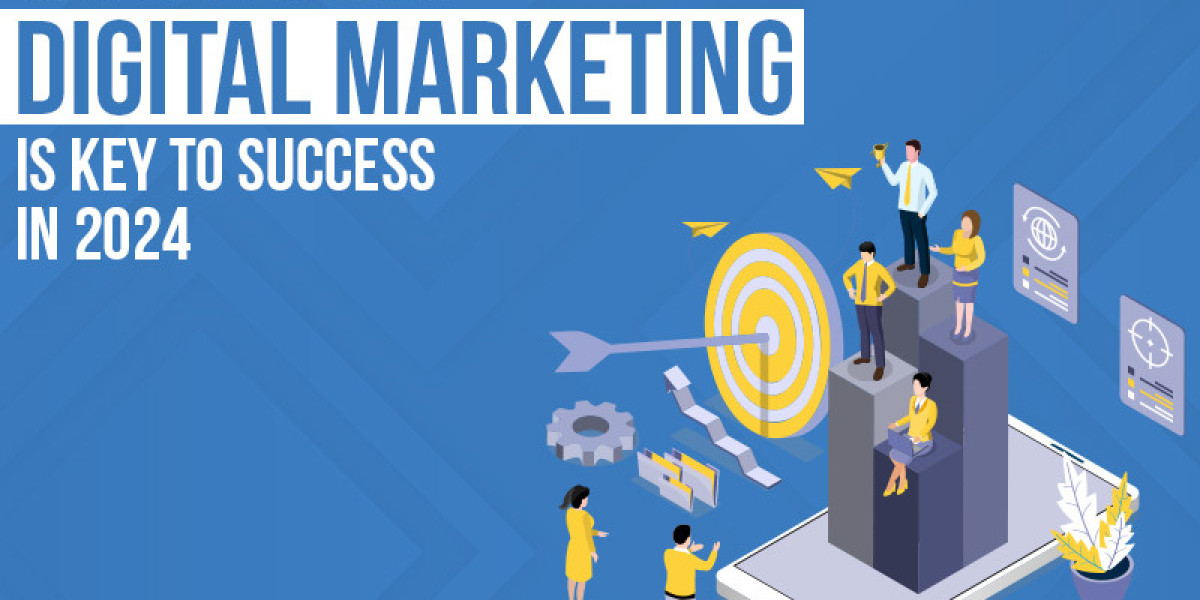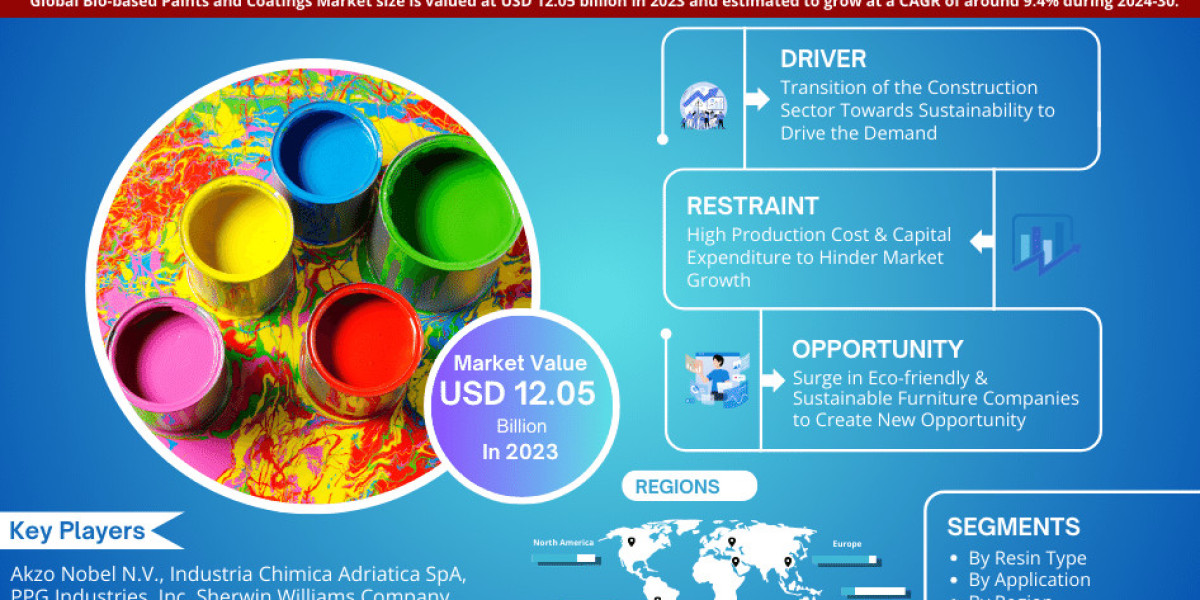In the fast-paced world of online business, staying ahead of the curve is crucial. As we navigate through 2024, one thing has become abundantly clear: data-driven digital marketing is no longer just an option—it’s a necessity for success.
This approach empowers businesses to make informed decisions, optimize their strategies, and achieve better results in an increasingly competitive landscape.
The Power of Data in Digital Marketing
Data has become the lifeblood of effective marketing strategies. By leveraging data, businesses can gain unprecedented insights into customer behavior, market trends, and campaign performance. This wealth of information allows marketers to:
- Understand their audience better
- Personalize marketing messages
- Optimize marketing spend
- Predict future trends
Let’s delve deeper into why data-driven digital marketing is essential for success in 2024.
1. Enhanced Customer Insights
One of the most significant advantages of data-driven marketing is the ability to gain deep insights into customer behavior.
By analyzing data from various touchpoints, businesses can create detailed customer profiles and understand their preferences, needs, and pain points.
- Customer Behavior Analysis: Advanced analytics tools can track customer interactions across multiple channels, providing a holistic view of the customer journey.
- Predictive Analytics: By analyzing historical data, businesses can predict future customer behaviors and trends, allowing for proactive marketing strategies.
2. Personalized Marketing Campaigns
With the wealth of data available, generic marketing messages are becoming a thing of the past.
Data-driven marketing enables businesses to create highly personalized campaigns that resonate with their target audience.
- Targeted Content: By understanding customer preferences, marketers can create content that speaks directly to individual needs and interests.
- Dynamic Advertising: AI-powered tools can automatically adjust ad content based on user behavior and preferences, increasing relevance and effectiveness.
3. Optimized Marketing Decisions
Data analysis takes the guesswork out of marketing decisions. By relying on hard data rather than intuition, businesses can make more informed choices about their marketing strategies.
- Performance Tracking: Tools like Google Analytics provide real-time insights into campaign performance, allowing for quick adjustments and optimization.
- A/B Testing: Data-driven approaches make it easier to conduct and analyze A/B tests, leading to continuous improvement in marketing efforts.
4. Improved ROI
By making more informed decisions and targeting the right audience with the right message, data-driven marketing leads to improved return on investment (ROI).
- Budget Allocation: Data analysis helps identify the most effective channels and tactics, allowing for smarter budget allocation.
- Campaign Optimization: Real-time data enables marketers to quickly identify and rectify underperforming campaigns, maximizing ROI.



